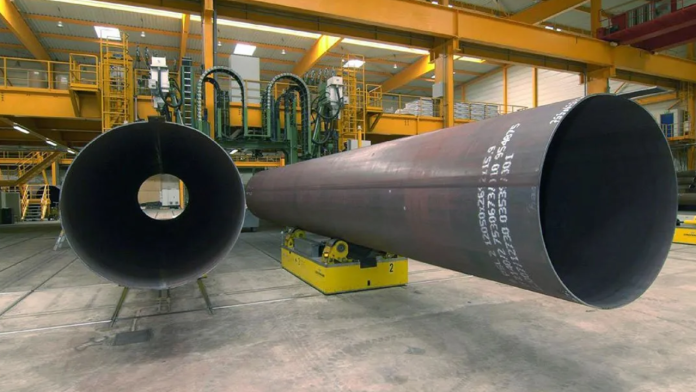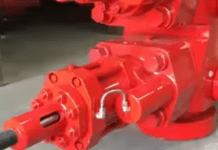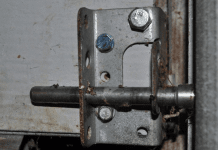Steel pipe manufacturing innovations have ushered in a new era of efficiency and sustainability for the sector. The endurance and accuracy of pipes are improved by the use of advanced materials, such as high-strength alloys, in conjunction with precision manufacturing methods, such as CNC machining and robotic systems.
A focus on environmentally friendly methods, such as the use of recycled materials and cleaner technology, is in line with worldwide green initiatives, and customization choices are available to accommodate a variety of project objectives. Production processes are optimized through digitalization and smart manufacturing, which use IoT and AI visit UNIACERO, to find out more about the manufacturer of steel pipes.
Kinds of Steel Pipes Are Produced By Manufacturers
Manufacturers of steel pipes create a range of pipes to satisfy various commercial and industrial needs. They make many kinds of steel pipes, and these can be grouped according to their diameters, applications, and manufacturing methods. The following are some typical steel pipe types:
Carbon Steel Tubing:
The sort of steel pipes that are most frequently and extensively utilized are carbon steel pipes. Iron and carbon make up the majority of their composition, with trace amounts of other elements. A variety of grades, including ASTM A53, A106, A333, and API 5L, are produced by manufacturers of carbon steel pipes, each serving a particular purpose such as the conveyance of water, oil, or gas, or structural needs. These pipes are renowned for being strong, long-lasting, and reasonably priced.
Pipes Made of Stainless Steel:
Stainless steel pipes are perfect for applications needing high resistance to rust and corrosion because they are corrosion-resistant and have great mechanical qualities. Stainless steel pipes come in a variety of grades, including 304, 316, and 321; their composition varies to accommodate a range of situations. Applications for these pipes can be found in the food and beverage, pharmaceutical, maritime engineering, and chemical processing industries.
Alloy Steel Pipes:
To improve their mechanical qualities, alloy steel pipes include different amounts of elements including nickel, molybdenum, and chromium. Pipes made of alloy steel are made to withstand harsh conditions, elevated temperatures, and pressure. ASTM A335 P1, P5, P9, P11, P22, and P91 are common grades that are utilized extensively in the petrochemical, power, and aerospace industries.
Steel Pipes with Galvanization:
To prevent corrosion, galvanized steel pipes are covered in a zinc layer. These pipes are appropriate for outdoor applications, water supply systems, and construction projects since the galvanization technique is used by manufacturers to stop rust and corrosion. Because of its sacrificial nature, the zinc coating shields the underlying steel from the elements.
Electrical Resistance Welded, or ERW, Pipes:
To create a seamless tube, steel strip edges are welded together to create ERW pipes. ERW pipes are frequently produced by manufacturers for a range of uses, such as oil gearbox, structural needs, and the delivery of gas and water. These pipes are renowned for being very dimensionally accurate, affordable, and simple to install.
Horizontal Submerged Arc Welding (LSAW) Pipes:
Steel plates are bent and formed into a cylindrical shape to create LSAW pipes, which are then welded using a submerged arc welding technique. Large-diameter pipelines for the transportation of gas and oil are among the applications for which manufacturers utilize LSAW pipes since they are strong and resistant to harsh environments.
Pipes for spiral submerged arc welding, or SSAW:
Steel coils are spirally welded to make pipes in the SSAW manufacturing process. Large-diameter pipes with increased strength and flexibility can be produced using this method. Subterranean water conveyance systems, pilings, and oil and gas pipelines are frequently built by manufacturers using SSAW pipes.
Tube and Casing Pipes:
Oil and gas well casing and tubing pipes are made specifically for these applications. These pipes are made by manufacturers to support the wellbore and endure tremendous pressure. Tubing pipes allow oil and gas to be extracted from the reservoir, while casing pipes shield the well from outside forces.
Conclusion
The wide variety of steel pipes produced to satisfy certain industry requirements is indicative of the adaptability and necessity of this essential infrastructure element. These pipes, which are available in carbon and stainless steel as well as specialized forms like ERW, LSAW, and SSAW, are essential to the continued growth of contemporary society in a variety of industries, highlighting their importance in the design of strong and durable systems and structures.








